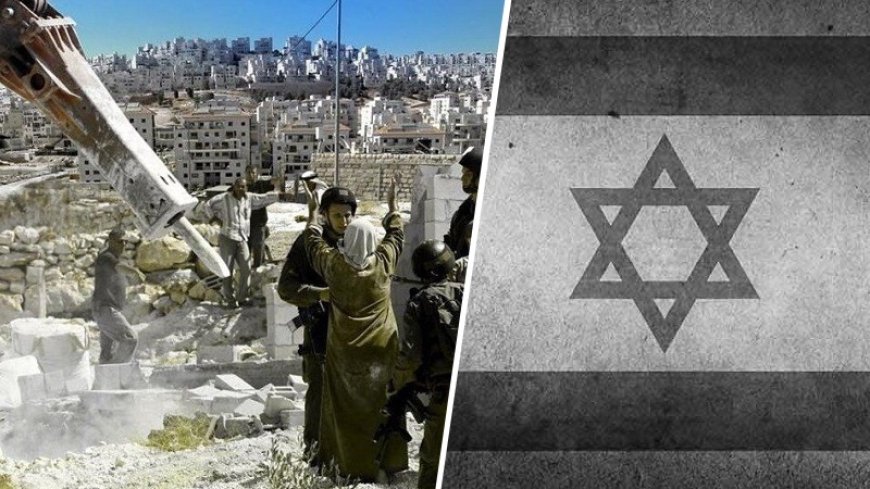In a deeply concerning development, Palestinian families in occupied East Jerusalem are being compelled to demolish their homes under orders from Israeli authorities. The mandate stipulates that if the families do not carry out the demolitions themselves, Israeli authorities will intervene and impose substantial fines on the residents.
Israeli officials have defended the policy, citing the lack of proper permits for the structures in question. However, Palestinians argue that obtaining development permits in occupied Jerusalem is exceedingly difficult, with most applications being outright rejected. This policy has led to threats of demolishing thousands of homes deemed "unlicensed" by Israeli standards.
The impact of these demolitions is profound. Since 1967, over 5,000 Palestinian homes in East Jerusalem have been destroyed by Israeli forces, according to Palestinian sources. This ongoing practice is perceived by many Palestinians as a deliberate effort to alter the city's demographic makeup, a move they describe as part of the Zionist strategy of Judaization and intimidation. The Jerusalem Municipality often exacerbates the financial burden on these families by collecting demolition fees from those whose homes are destroyed.
Tensions have further escalated since December 6, 2017, following the statement by then U.S. President Donald Trump, recognizing Jerusalem as the capital of Israel. This announcement was followed by an increase in the demolition of Palestinian homes and the expansion of Israeli settlements in the occupied city.
International reactions have been mixed, with some nations condemning the demolitions and others supporting Israel's actions as a matter of enforcing legal codes. Human rights organizations continue to express alarm, highlighting the humanitarian impact on displaced Palestinian families and the broader implications for peace in the region.
The situation remains volatile, with the potential for further unrest as Palestinians continue to resist what they see as an unjust and aggressive policy. The international community watches closely, aware that the developments in Jerusalem could have far-reaching consequences for stability in the Middle East.














































